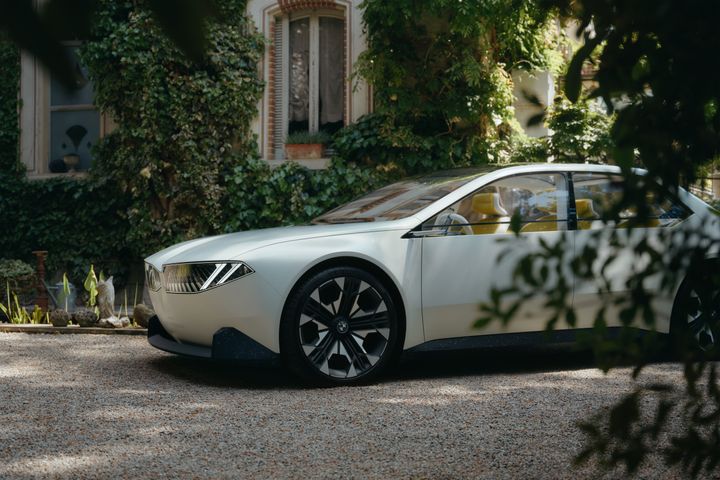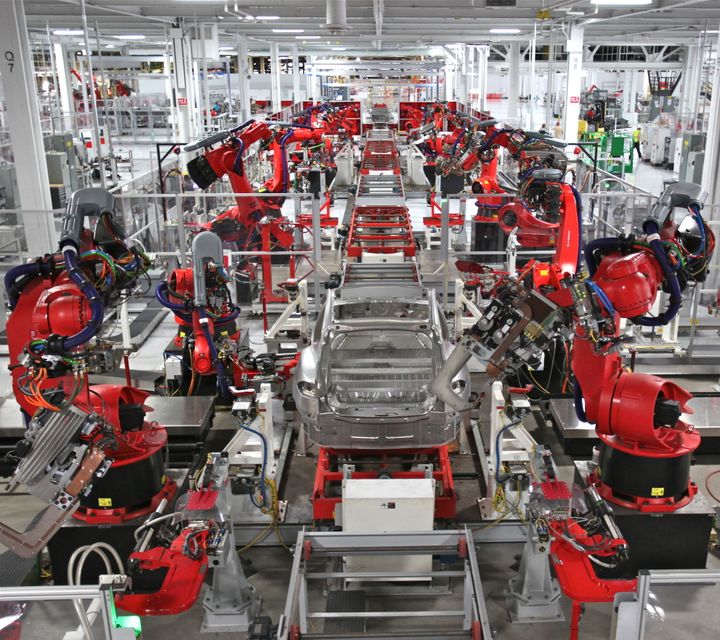Europe’s Electric Vehicle Fleet All Set To Reach 30 Million Target By 2030
The global EV market has been witnessing a huge leap by growing at an impressive rate, shooting from 0.2% in 2013 to 23.1% in 2023. The rise in environmental concerns and the immediate need to opt for emission reduction in the transportation sector have pushed governments across the globe to extend flexibility to the entire EV value chain. Various nations have been providing incentives to EV manufacturers and tax deductions to end customers. Electric vehicles have turned out to be at least 2-3 times more efficient than their internal combustion engine counterparts and hence are hailed as the future of modern transport thereby, synergising clean transport and clean energy.
Many key players in the automotive industry have introduced a variety of electric vehicles in major geographies including the U.S, Europe, and China. Out of these, Europe is the current key player in the global EV market, with projections indicating over 30 million EVs on European roads by 2030. This growth is largely due to the country's efforts to meet increasingly rigorous emission regulations and support the sales of electric vehicles. In addition to this, Europe has been attracting investments from across the globe to develop lithium-ion battery manufacturing facilities, thereby supporting market progress. This growth is further fueled by the increasing adoption of EVs globally, decreasing battery prices, and investments by leading automotive companies to secure their battery supply chains. Further, the opportunities for growth in this market are also inspired by the increase in the adoption of electric mobility in emerging economies.
As per the latest statistics, Europe is forecast to overtake China and is expected to have the highest rate of electric vehicles by 2030. The European electric car market is set to achieve a significant milestone by surpassing USD 854.15 billion by the year 2028. With a projected CAGR of 29%, the growth of the European electric car market will prove to be a significant component of the global EV market proportion.
Furthermore, in October 2022, an agreement was reached by the European Parliament and European Union to have at least 30 million zero-emission vehicles on its roads by 2030, as it seeks to navigate the country away from fossil fuel-based vehicles. The transport sector makes up almost a quarter of the EU’s greenhouse gas emissions and almost 30% of CO₂ emissions, 72% of which come from road transport.
The EU's goal of climate neutrality by 2050 cannot be reached without introducing ambitious measures to reduce the transport’s reliance on fossil fuels. In order to implement the mission on the ground, various agreements to limit CO₂ emissions along with national and regional initiatives are currently being implemented. The announcement of initiatives like the “Green Deal” and "Fit for 55 Package" are all aligned with the EU's 2030 zero emission target. This would ultimately contribute towards the projection of the European Electric Vehicle market to reach a high value by 2030. However, this market is expected to grow at a rate of 25.10% during the forecast period, thereby making the European Electric Vehicle market reach 30 million by 2030.




 Industry Inscript is a subsidiary of Valiant and Company Ltd.
Industry Inscript is a subsidiary of Valiant and Company Ltd.
Comments ()